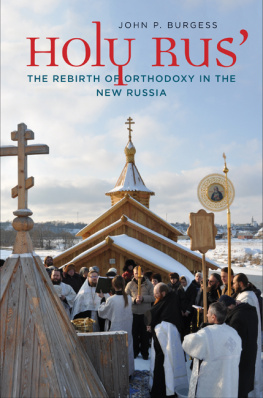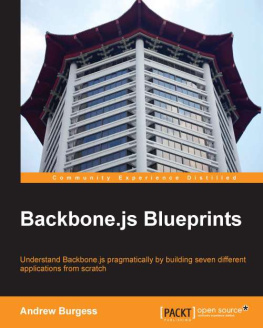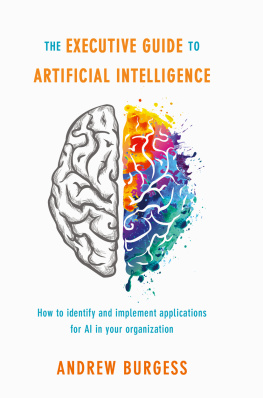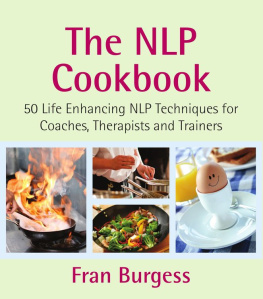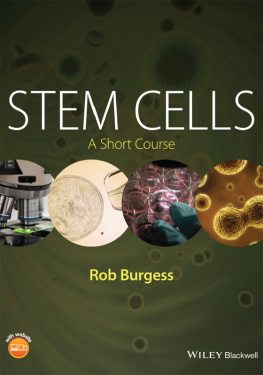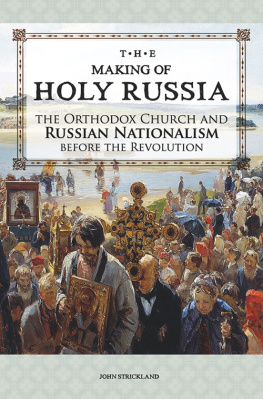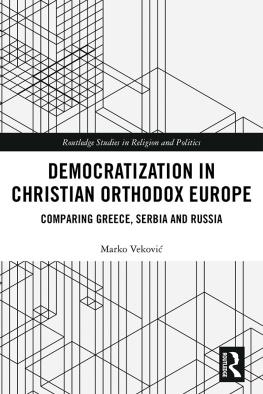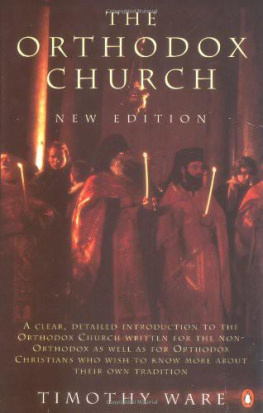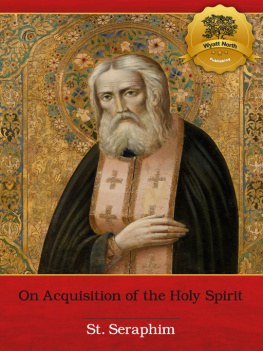HOLY RUS

Published with assistance from the Mary Cady Tew Memorial Fund.
Copyright 2017 by John P. Burgess.
All rights reserved.
This book may not be reproduced, in whole or in part, including illustrations, in any form (beyond that copying permitted by Sections 107 and 108 of the U.S. Copyright Law and except by reviewers for the public press), without written permission from the publishers.
Yale University Press books may be purchased in quantity for educational, business, or promotional use. For information, please e-mail (U.K. office).
Set in Electra type by IDS Infotech, Ltd.
Printed in the United States of America.
Library of Congress Control Number: 2016948024
ISBN 978-0-300-22224-1 (hardcover: alk. paper)
A catalogue record for this book is available from the British Library.
This paper meets the requirements of ANSI/NISO Z39.48-1992 (Permanence of Paper).
10 9 8 7 6 5 4 3 2 1
For my daughters Hannah, Luisa, and Rachel
CONTENTS
ACKNOWLEDGMENTS
I have incurred many debts in writing this book, so many, in fact, that my expressions of gratitude will necessarily and regretfully be incomplete. I begin with thanks to those institutions whose financial support over the past decade has allowed me to live in Russia for extended periods and immerse myself in the worship and life of the Russian Orthodox Church. Pittsburgh Theological Seminary graciously granted me sabbaticals in 20045 and 201112. I am especially thankful to Dr. Barry Jackson, former academic dean, for his consistent encouragement and support. A Fulbright Fellowship in the fall of 2011 and a Luce Foundation grant for Fellows in Theology in 2012 allowed me to extend my sabbatical time and complete the bulk of my research.
As every scholar knows, getting around to actually writing is another thing. I am therefore deeply grateful for the invitation that I received to be a fellow at the Center of Theological Inquiry in Princeton, New Jersey, in 201415, where I completed a first draft of my manuscript. My colleagues in a year-long colloquy on law and religious freedom were among the first scholars with whom I shared my research, and their comments helped me shape the book. I am especially thankful to Dr. William Storrar, director of the center, and to Dr. Robin Lovin, its research director. Dr. Storrar made it possible for me to invite two groups of scholars to daylong colloquies in Princeton to reflect on issues of Orthodoxy and politics. Dr. Lovin, from early on, saw the significance of my project and opened up opportunities for me to develop and share it.
Dr. William Gleason, for many years head of the RussiaEurasian Studies Program of the State Departments Foreign Service Institute, has been another trusted friend and advocate. He invited me to Washington many times over the course of these years to share my research, and he read and commented on the entire manuscript. Father Leonid Kishkovsky, head of the Department of External Church Relations of the Orthodox Church in America, also reviewed the manuscript in its entirety and offered insightful suggestions. I am equally indebted to the anonymous reviewer for Yale University Press who saved me from numerous historical errors in the first draft and pushed me to clarify that I was writing as a theologian rather than a historian. But of the revising and correcting of book manuscripts there is no end, and any errors that remain are my own.
Other scholars have been extremely generous with their time in reviewing particular chapters of the book. I wish to thank in particular Dr. Nadieszda Kizenko, University of AlbanySUNY; Dr. Scott Kenworthy, Miami University of Ohio; Dr. Michael Bourdeaux, Keston Institute; Dr. Roy Robson, Penn State Abington; Dr. Aristotle Papanikolaou, Fordham University; Dr. George Parsenios, Princeton Theological Seminary; and Dr. Josh Mauldin, Center of Theological Inquiry. I am also grateful to Dr. Nigel Biggar, Christ Church, Oxford University, and Dr. Kenworthy for invitations to speak about my work at their institutions. I have been blessed by their hospitality and friendship.
Colleagues in the American Academy of Religion, the Society of Christian Ethics, and the American Theological Society helpfully critiqued work that I presented at their annual conferences. Dr. Regina Smyth, Indiana UniversityBloomington, has been an important and supportive conversation partner ever since we met on the Fulbright Program in Moscow. Richard Brown, director of Georgetown University Press, has also offered steady encouragement. At a time when I was unsure how to frame the book, he persuaded me that it could be of value not only to scholars but also to a wider intellectual audience seeking to understand post-Communist Russia. I was delighted when Yale University Press recognized these possibilities and agreed to publish the book. My editor, Jennifer Banks, has enthusiastically promoted my work and offered wise counsel. I have also benefited from the excellent work of Heather Gold, Susan Laity, and Robin DuBlanc.
Needless to say, this book could not have been written without the assistance of dozens of Russian friends and conversation partners. I have identified some by first and last name in the chapters that follow; in other cases, I have changed or deleted names in order to respect peoples privacy. Together, these people have done more for me than I will ever be able to give in return. Not only have they been my most important teachers about Russia and Russian Orthodoxy, but they have also welcomed me into their homes, introduced me to parishes and monasteries, offered me food and accommodation, been patient with my imperfect Russian-language skills, and arranged for me to meet their friends and acquaintances in order further to assist my research. Because of their love and care, Russia and Russian Orthodoxy have come to feel like a second home to me, even though I remain an outsider who also raises hard questions. I wish to offer a special word of thanks to Father Vladimir Volgin and Father (now Bishop) Mefodii (Kondratev) for providing me broad access to their parishes, and to St. Tikhons Orthodox Humanitarian University in Moscow, which hosted me as a research scholar in 201112 and made it possible for me to return for several shorter stays. It goes without saying that I alone am responsible for the observations and opinions in the following pages.
Last but in no way least, my wife, Deb, has been my partner in exploring Russia. She has sacrificed considerable time and comfort to support my research and writing. She has read and reread every chapter of this book and assisted with notes and transliteration. The end product will appear under my name alone, but her love and insight have made all the difference to its completion. I have no words to express my gratitude.
NOTE ON TRANSLITERATION
I n general I have followed the standard (modified Library of Congress) system for transliterating Cyrillic. However, in the case of names of people or places well known in the Westsuch as Leo TolstoyI have retained the anglicized forms. In the endnotes, I have translated the names of major university publishers in Russia, such as Moscow State University. But I have not been rigidly consistent with the names of other publishers. Scholars who wish to track down my sources on the Internet will, ironically, have to work their way back from my transliterations to the original Cyrillic.
HOLY RUS
Introduction
F ather Vladimir Volgin is one of Moscows most prominent priests. I first attended his parish in 2009, and ever since he has blessed me with time and attention. But we belong to two very different worlds. I am a cosmopolitan American; he is a patriotic Russian. I make my living as a Protestant theologian; he is an Orthodox priest who invites me into his home for dinner but is forbidden by Church canons from serving me the Eucharist in his parish. I have a small, unimpressive mustache, but his large bushy gray beard tickles when he offers me a three-part, Russian-style kiss. And while I speak Russian haltingly and with a heavy accent, his Russian is so beautiful that people hang on every word. When he asked me to accompany him to Ostankino, I jumped at the chance.
Next page
